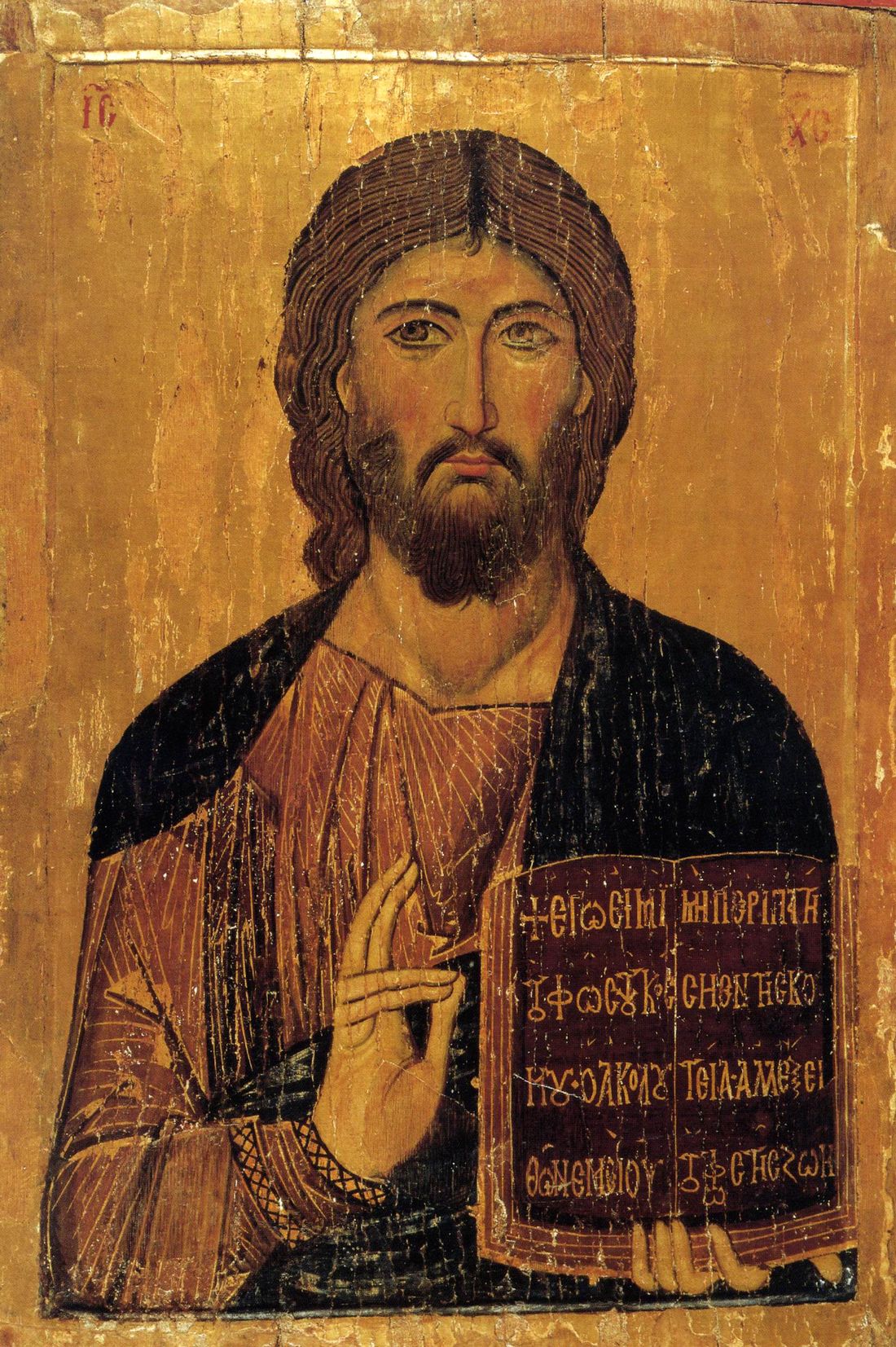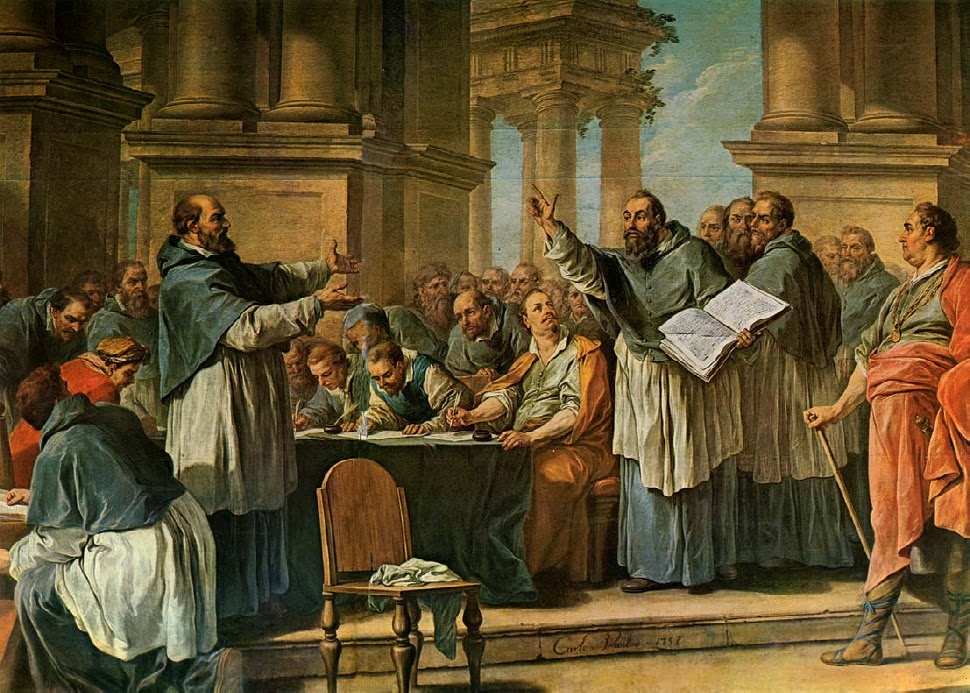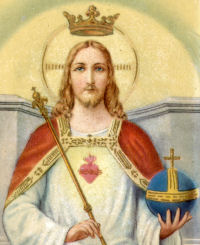
I have continued to think about this issue recently and I am growing increasingly opposed to the position of the Faith Movement that the Logos would have descended even if man had not sinned. The end of man is to rest in God, his source and purpose, and the Incarnation as the result of the Fall occurs as the necessary and efficient cause for this blessedness to occur. Out of His boundless mercy, the Divine Father sent His Son to assume human nature in the womb of the Holy Virgin and offer up a Sacrifice to the glory and praise of the One Who begot Him, in the Spirit. God may have pardoned man by numerous other ways, but knew that this particular course of action would be the most fitting - showing the seriousness of the offense committed and the great pity of God. It may seem pious to assert that Christ, through Whom all things are made and Who contains the logoi of all creation would have united Himself to a human nature, but I firmly believe this notion to be erroneous. I would not go so far as to regard this position as 'blasphemous', but I worry that this view may represent man for the sake of man, as opposed to man for God.
Furthermore, contrary to what I have heard, in the position of original justice, man would not require baptism (to make us sons of God) or Communion (to nourish us).
1) In baptism we descend into the tomb of Christ. Yet the Logos as pure spirit would not have been able to die, or if He did Descend even if man had not sinned, no cleansing would be required as the grace of sanctification would have been present anyway (if not, man would not have been in any form of union with God). Without these essential aspects, this 'baptism' would not be such.
2) In Communion, which is consecrated at the Holy Sacrifice of the Mass, is truly the Body and Blood of Christ, without would not be able to occur if the Son of the Father did not assume our nature. And even if He did, there would be no sin for the Sacrifice to be offered up for, and without this element, it would not be the Mass. However, it would have been necessary for man to receive grace to persevere in the primordial union with the Holy Trinity.
Furthermore, contrary to what I have heard, in the position of original justice, man would not require baptism (to make us sons of God) or Communion (to nourish us).
1) In baptism we descend into the tomb of Christ. Yet the Logos as pure spirit would not have been able to die, or if He did Descend even if man had not sinned, no cleansing would be required as the grace of sanctification would have been present anyway (if not, man would not have been in any form of union with God). Without these essential aspects, this 'baptism' would not be such.
2) In Communion, which is consecrated at the Holy Sacrifice of the Mass, is truly the Body and Blood of Christ, without would not be able to occur if the Son of the Father did not assume our nature. And even if He did, there would be no sin for the Sacrifice to be offered up for, and without this element, it would not be the Mass. However, it would have been necessary for man to receive grace to persevere in the primordial union with the Holy Trinity.
Next theoretical question, would the propagation of the human species occur through sexual relations if man had not sinned....?






